An ever-present concern in the modern world, the media we consume has the ability to mold and shape our views and beliefs subconsciously, sometimes drastically warping our perception of reality. From the moral panic caused by children's consumption of violent media to the question of the integrity of our news outlets, there's no denying that what we see on TV and online reflects how we think and behave.
An inherently dystopian and moderately terrifying concept, horror filmmakers have been constructing narratives around these ideas for decades, and here are 10 movies that explore the ways in which media can manipulate audiences.
10 Videodrome (1983)
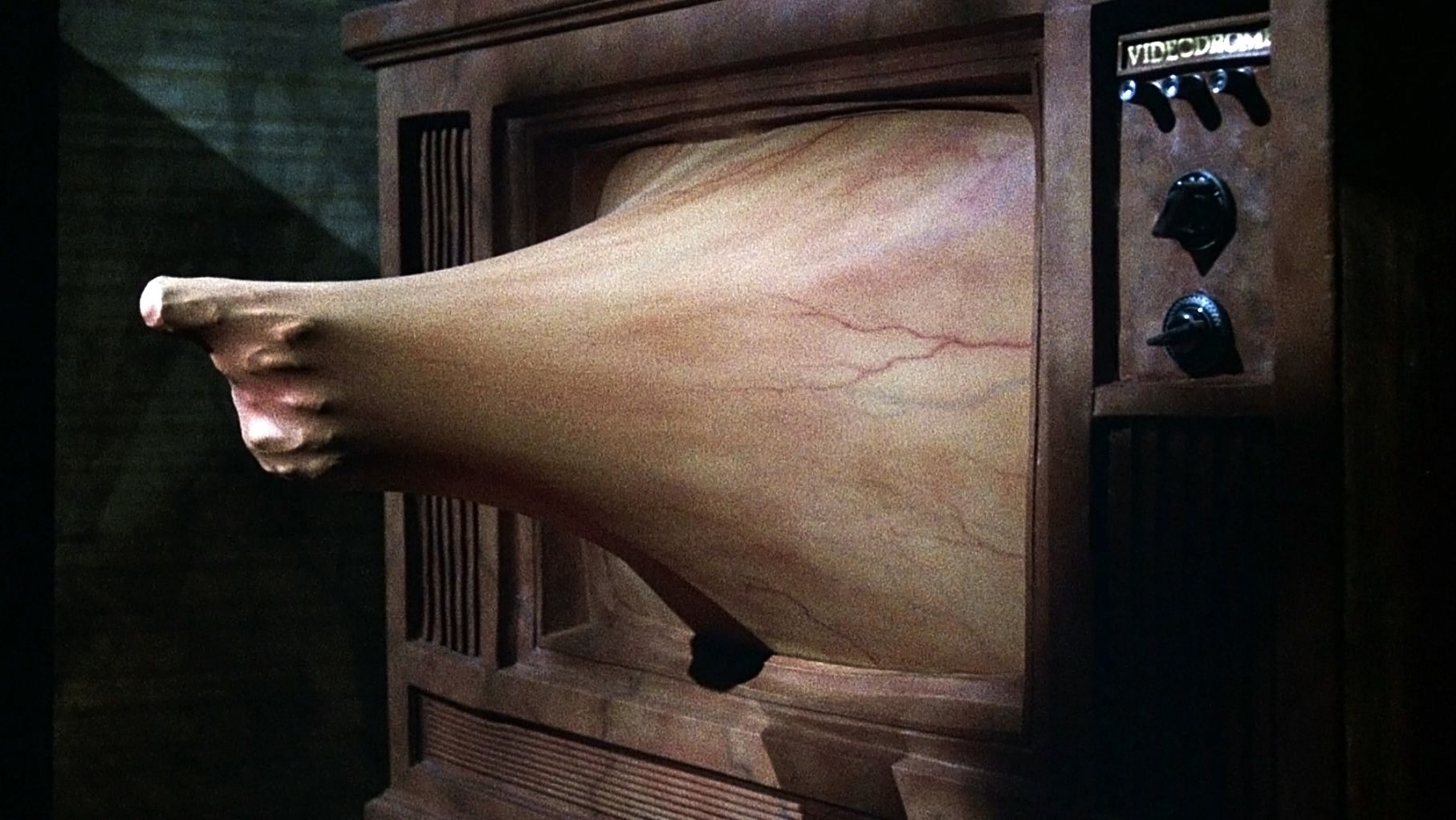
A staple of David Cronenberg's twisted filmography, Videodrome sees a young James Woods star as a distributor of illicit videos looking for the next big hit. He's intrigued by a snuff film he catches on a pirated broadcast, and he sets out to get in contact with those behind it.
However, things take a disturbing turn when dark forces working behind the scenes twist his mind and bend his reality to suit their needs. Particularly heavy-handed in its depiction of the protagonist's programming via an organic VHS tape being jammed into his stomach, it unabashedly questions what could happen to those too eager to fall into a rabbit hole of deceit and manipulation.
9 District 9 (2009)
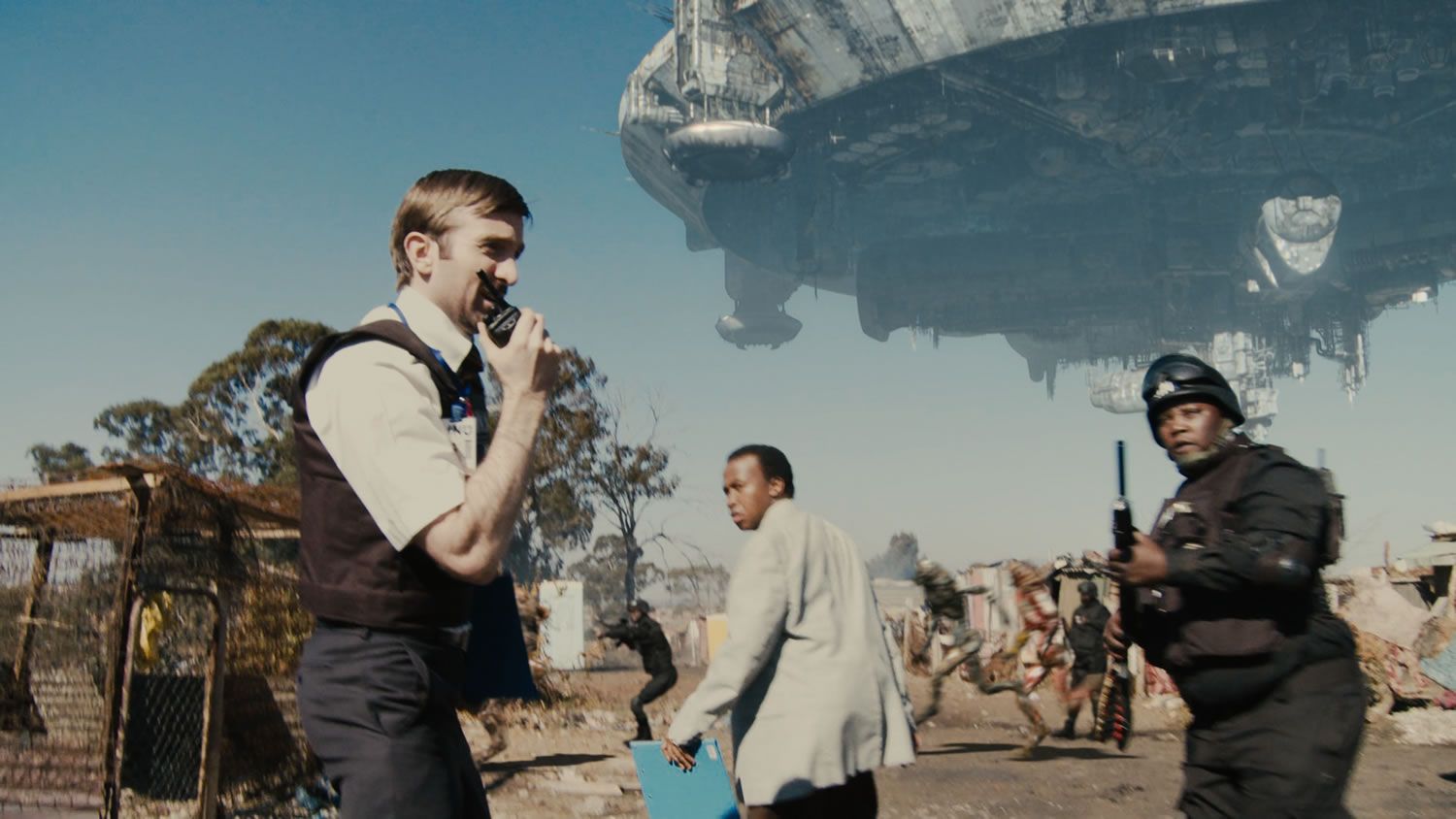
First contact between humanity and an alien species is made when a UFO drifts to a halt above Johannesburg, South Africa. The creatures aboard the craft are quarantined in a shantytown referred to as "District 9," and the movie's protagonist, Wikus, joins a task force meant to regulate and police the aliens.
However, after coming into contact with a mysterious fluid, Wikus slowly begins transforming into an alien. He then joins forces with one of the creatures and campaigns to help return them to their home planet. Framed as a documentary, District 9 explores how government entities can hide and subvert narratives in order to favor their own goals.
8 Cannibalism: A New Taste In Style
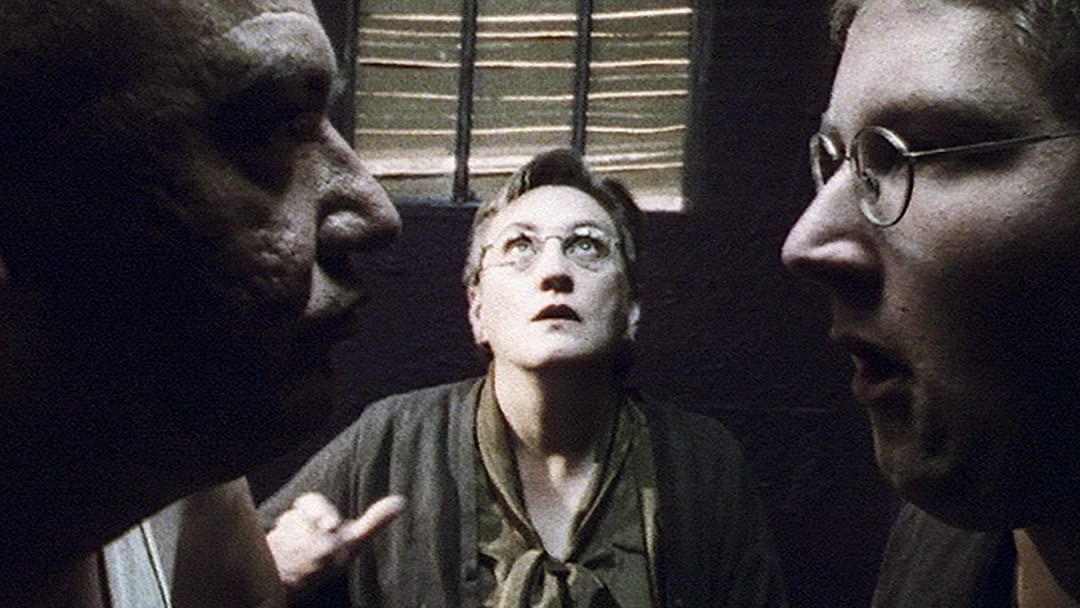
Not much is known about the ill-remembered 2004 short film Cannibalism: A New Taste In Style, but its premise and thirty-second trailer portray a very blunt criticism of our consumption of the media.
In a near-future in which television screens replace ceilings, an unassuming family delves into a world of chaos after news broadcasts begin advocating for cannibalism. Seemingly tongue-in-cheek and apparently shot on a shoestring budget, Cannibalism: A New Taste In Style explores the lengths to which consumers will go should they fail to question what they're watching.
7 Untraceable (2008)

Undoubtedly inspired by horror thrillers like Silence of the Lambs and Seven, 2008's Untraceable casts Diane Lane as a detective on the trail of a serial killer who live streams the murder of their victims. Taking place on a fictional website known as "killwithme," these crimes are rigged in such a way that the speed and brutality of the killings are dictated by the number of viewers watching the feed.
Wrought with twists and turns, Untraceable is a grim exploration of the extremes internet users will explore when shielded by anonymity.
6 Jack Stauber's Opal (2020)
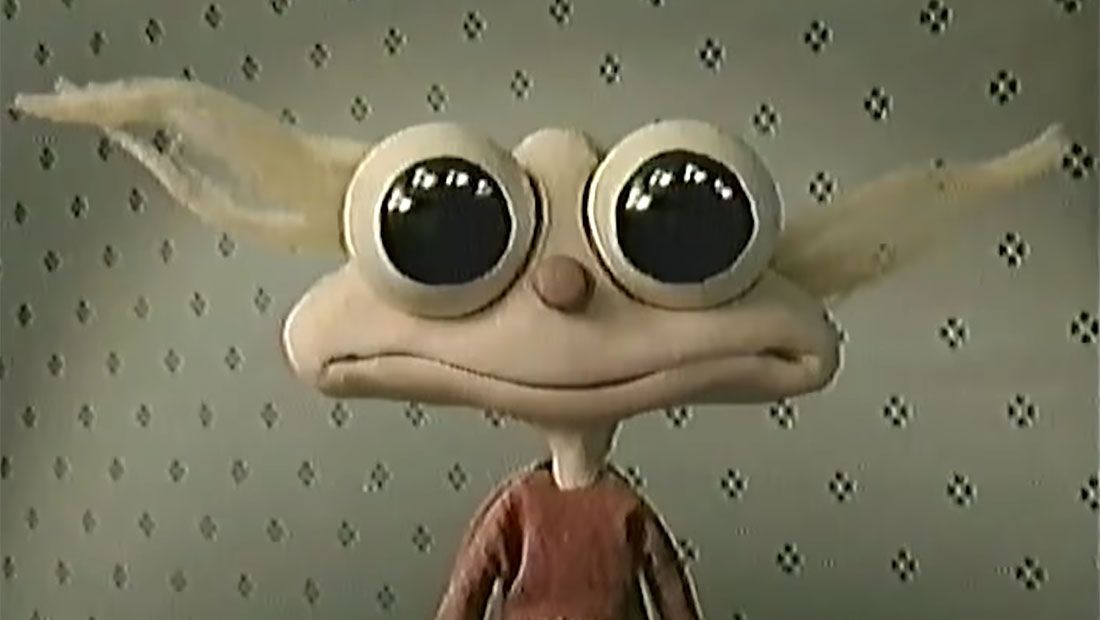
A twelve-minute animated musical produced for Adult Swim featuring some downright unsettling claymation, Jack Stauber's Opal can be interpreted many ways, though it's certainly a commentary on how we use media to both escape from and reflect upon our own lives.
Known for his unique lo-fi animations and music, Stauber presents a world seen through the lens of a little girl desperate to escape from her harmful family. Some of the most poignant moments are the introduction to Opal's grandfather, who muses about why it "sounds so easy to breathe on TV," and the realization that Opal is actually an idealized version of the protagonist seen through a filter of glitzy advertising.
5 Gamer (2009)
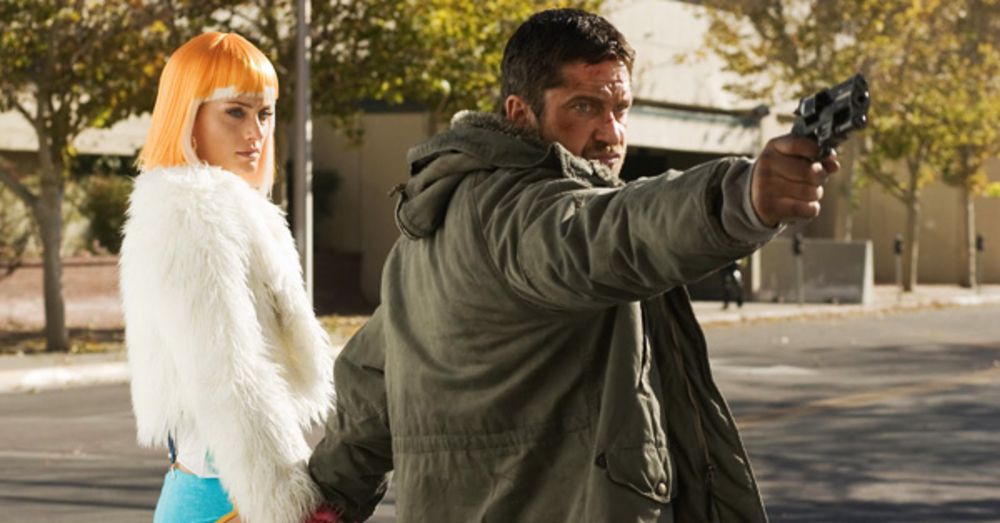
More of a thriller than a horror film, 2009's Gamer nevertheless deserves a mention for its incredibly literal take on media manipulation. The film tells the tale of the dichotomy between virtual reality gamers and the real-life humans they control.
Forced to both act as puppets in battles of life and death and subject themselves to depraved situations, it's an interesting exploration of what we'll do when we think we think we are immune to the consequences of our actions. The movie also works as an interesting critique of the way we treat each other while online.
4 Death Tube (2010)

A very low-budget combination of the aforementioned Untraceable and James Wan's original Saw movie, Death Tube is a horror parody of the online video zeitgeist that had, at the time, recently taken off. A group of kidnapped individuals must escape from a series of deadly traps and figured out the mystery behind their situation, all while their exploits are broadcast online.
Viewers of the live stream are shown to be calloused and cruel, and, in a twist of fate, the most nefarious commenters are the ones forced to participate in the kidnapper's sinister games. It's a blunt but effective reflection of how indecent our behavior online can be.
3 Possessor (2020)
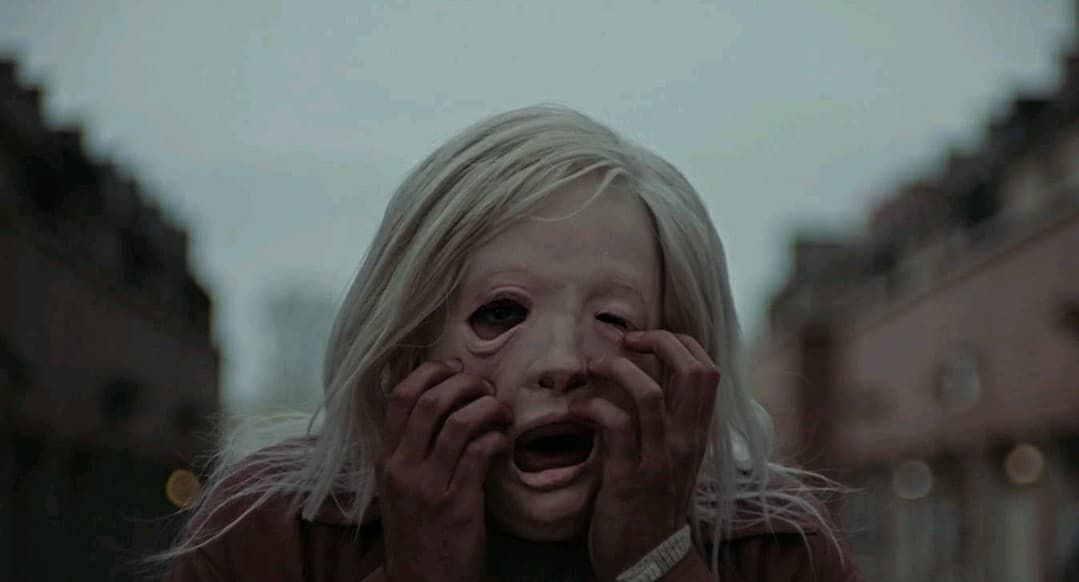
Directed by Brandon Cronenberg, the son of famed horror filmmaker David Cronenberg, 2020's Possessor is a bleak and highly disturbing examination of how escape from our own bodies can lead to dissociation and detachment from reality.
Possession tells the tale of a female assassin who can hijack the minds and bodies of others in order to carry out hits against her targets. However, in doing so, she slowly loses herself and her grasp of who she really is. The sci-fi elements definitely help to evoke a dystopian vibe, and the film seems to ask viewers what they might become should they too frequently rely on various forms of escapism.
2 eXistenZ (1999)
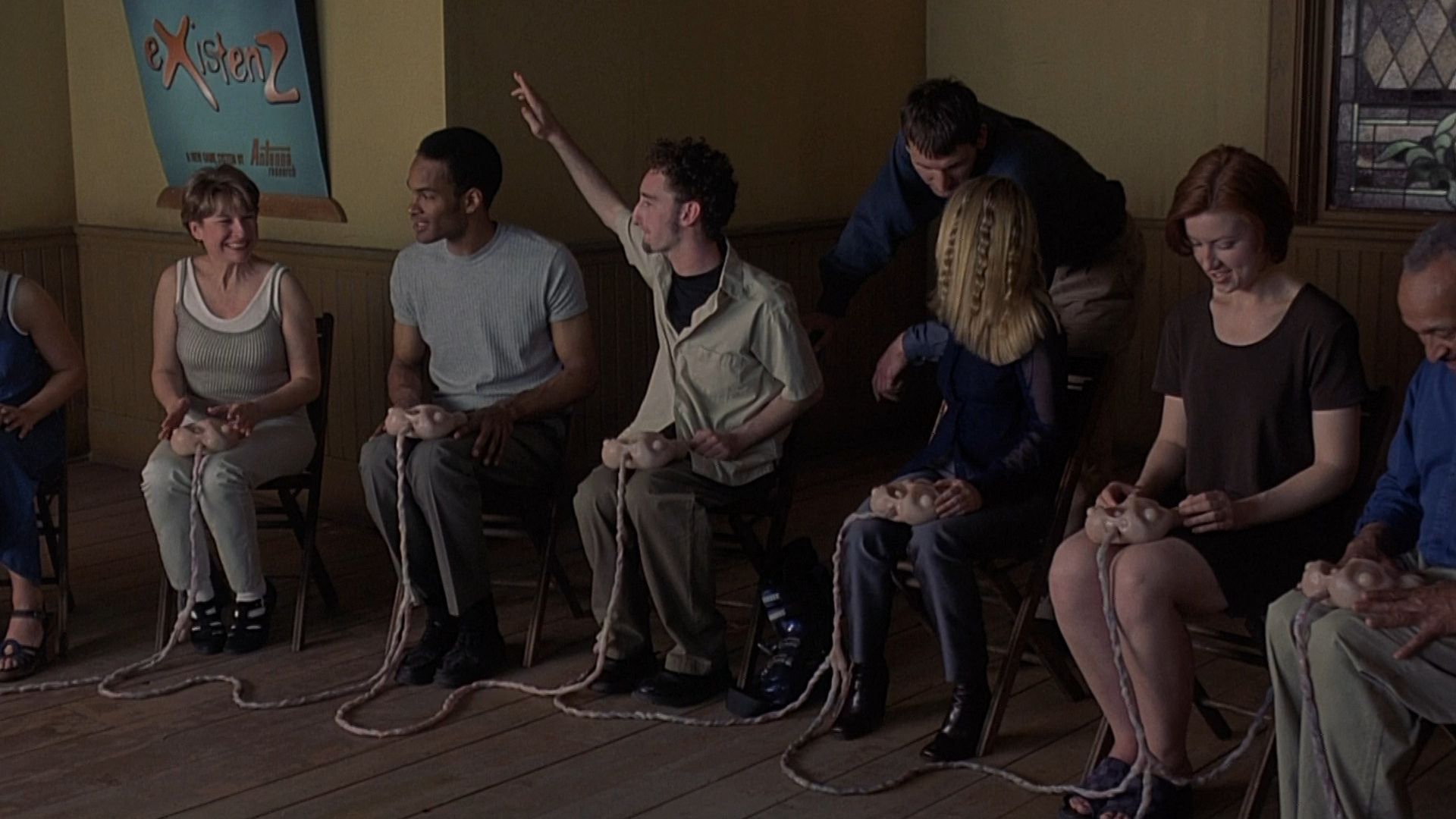
Though it can be a bit difficult to follow at times, eXistenZ, the Matrix-esque body horror film from the previously-mentioned David Cronenberg, does a wonderful job of forcing viewers to question if what they're seeing is actually real.
The plot of eXistenZ is constructed around an organic VR game that is generated, in part, of its user's own mind. However, as the plot thickens, it becomes increasingly difficult to differentiate reality from the game, and the twist-filled ending will have audiences making sure to never get too engrossed in any kind of media.
1 They Live (1988)

A hammy eighties action/horror flick that has formed the basis of dozens of conspiracy theories, John Carpenter's They Live is perhaps the best exploration of media manipulation every committed to film.
When Nada, a migrant worker played by wrestler Roddy Piper, stumbles on a pair of glasses that reveal the sinister hidden truth behind all forms of advertising and entertainment media, he's pursued by otherworldly forces desperate to keep the information from reaching the masses. It'll have viewers questioning the true intentions behind everything they watch or read, and it's an excellent reminder of how dishonest the media we consume can be. They live, we sleep!
from ScreenRant - Feed https://ift.tt/3f7MxUN






0 Comments
Please don't use vulgar comments and avoid discussion on Religious matters